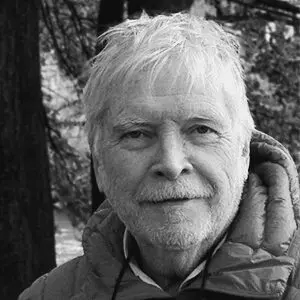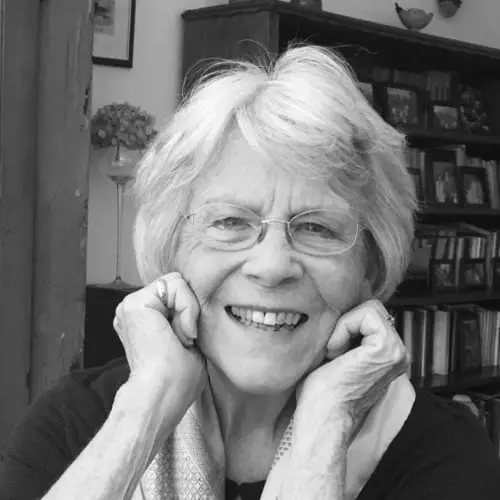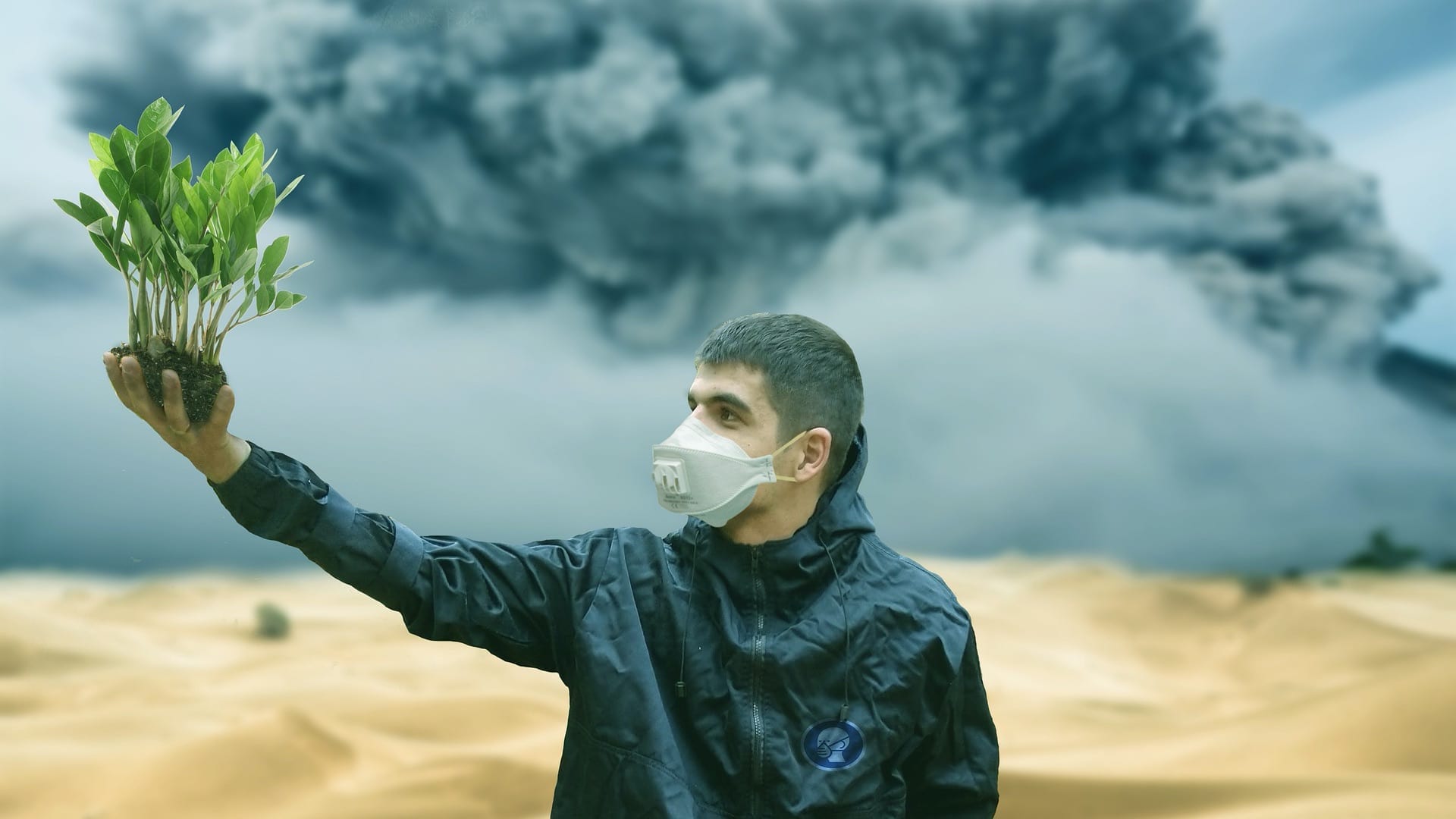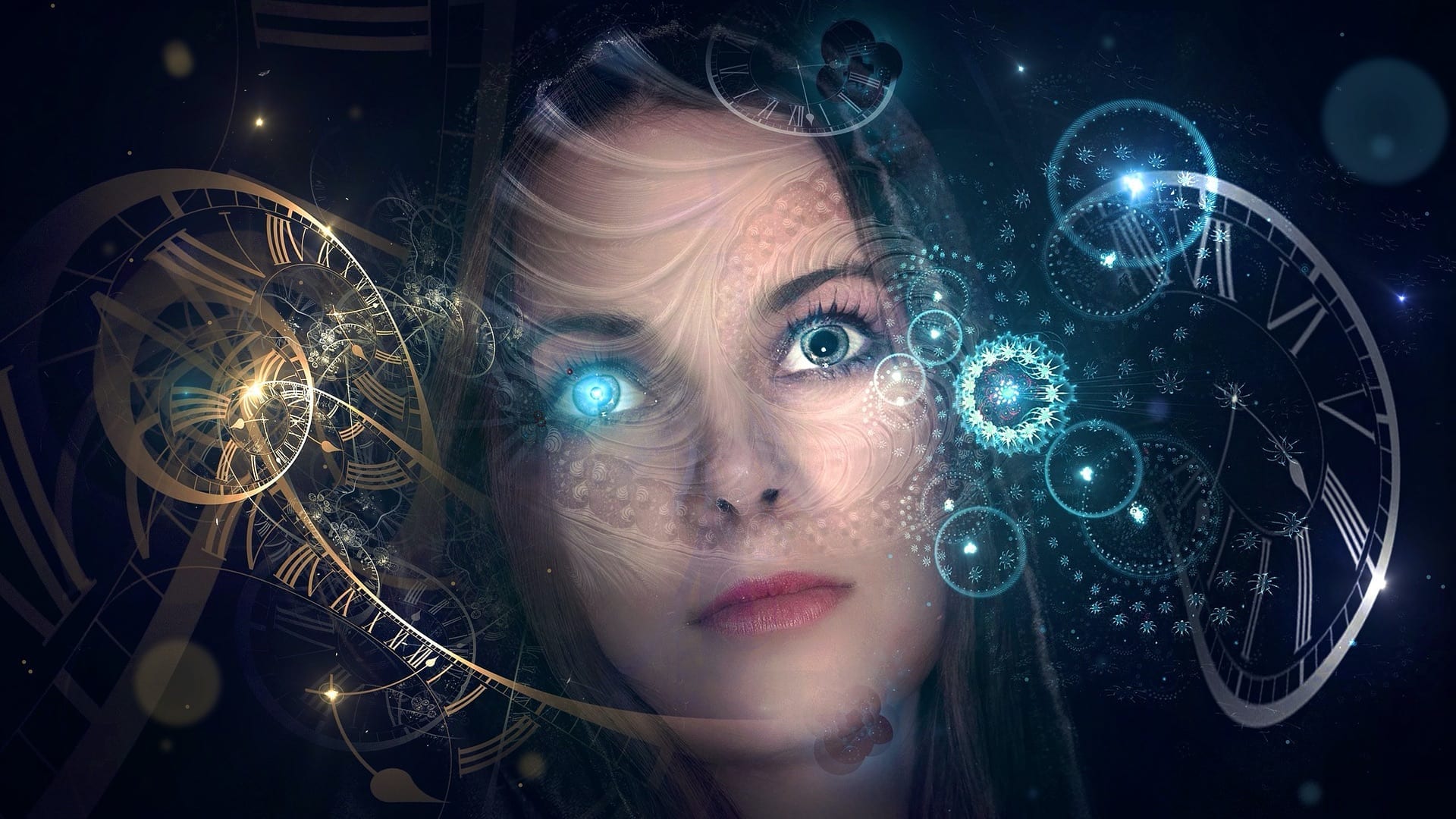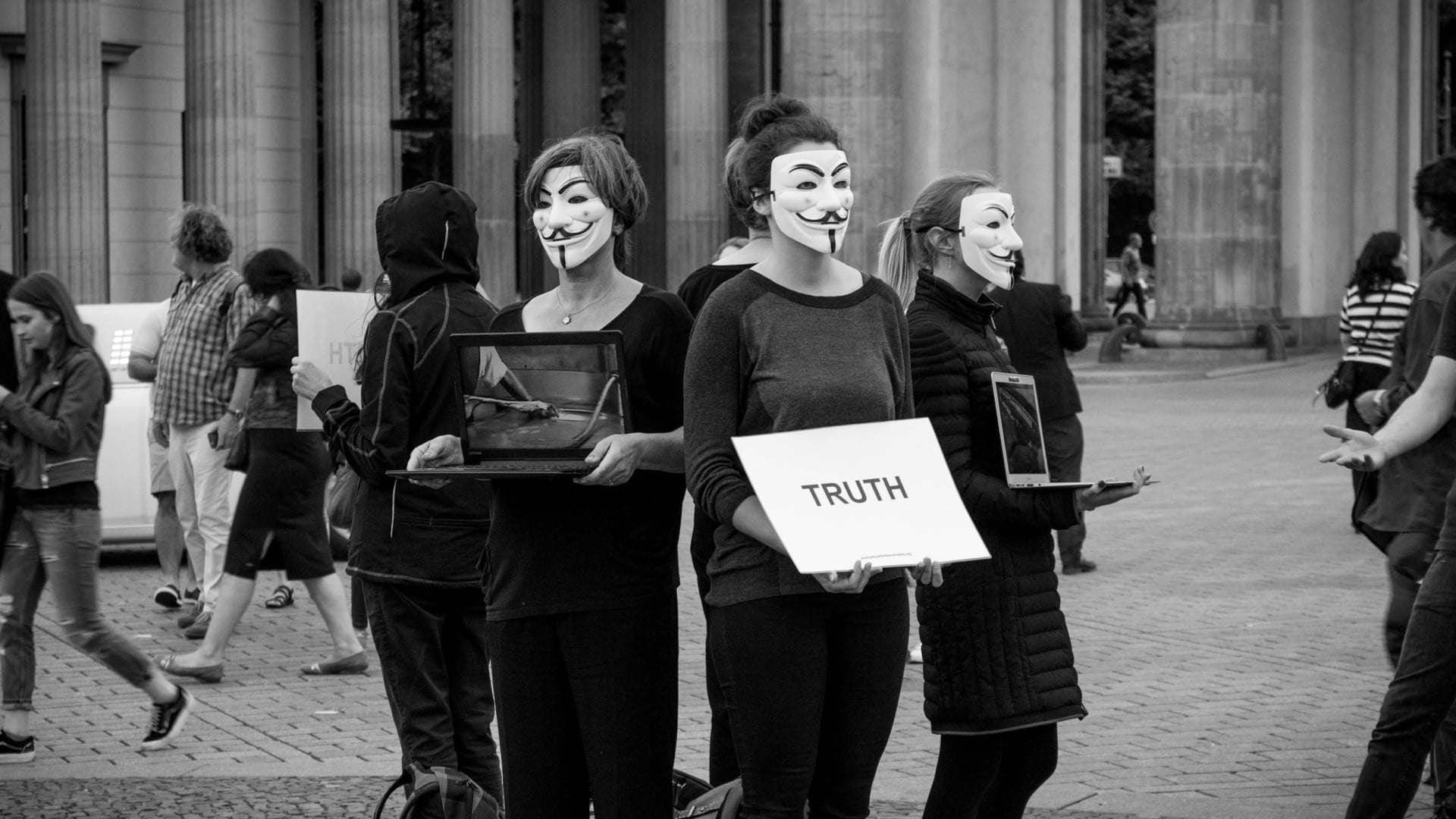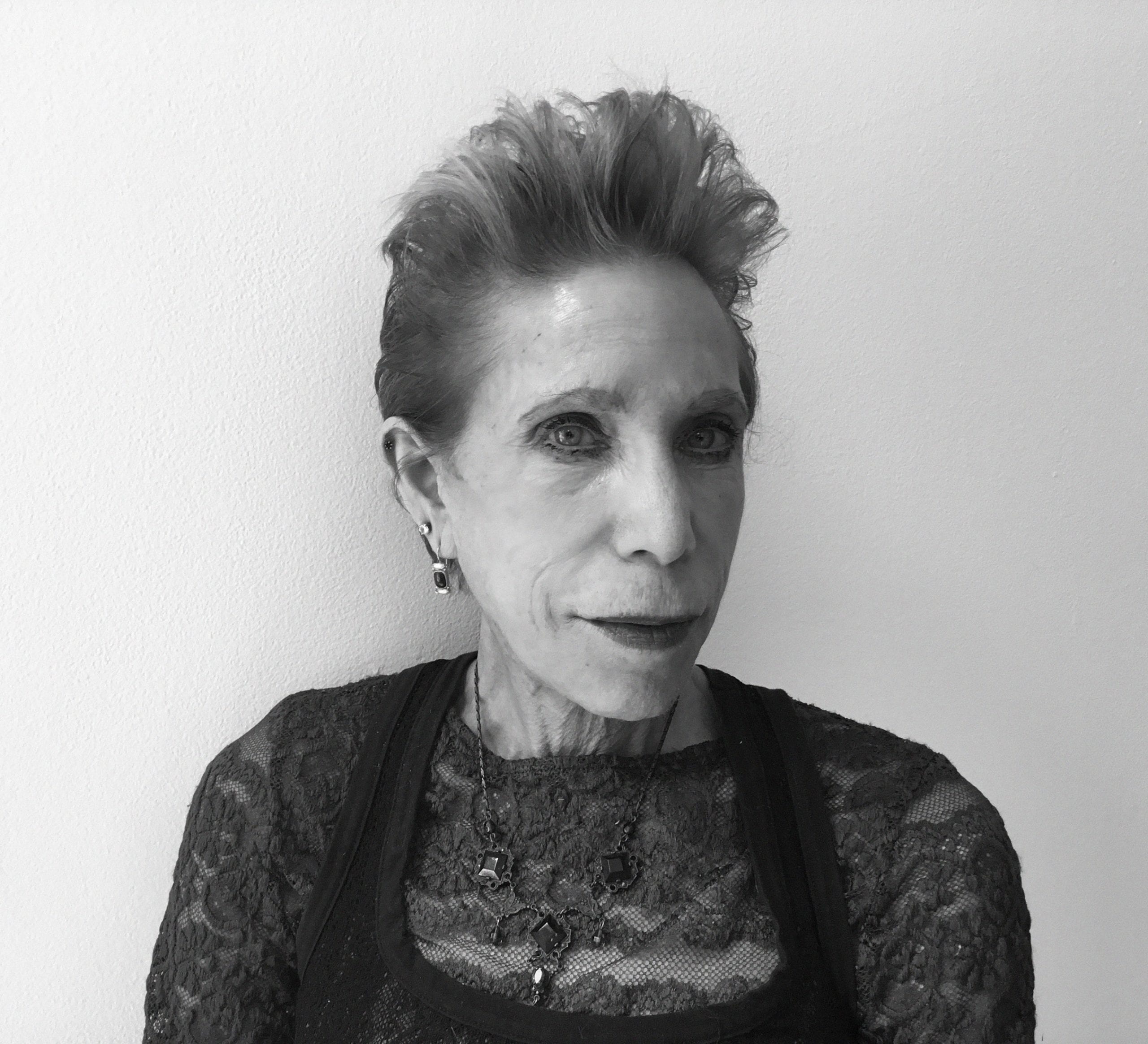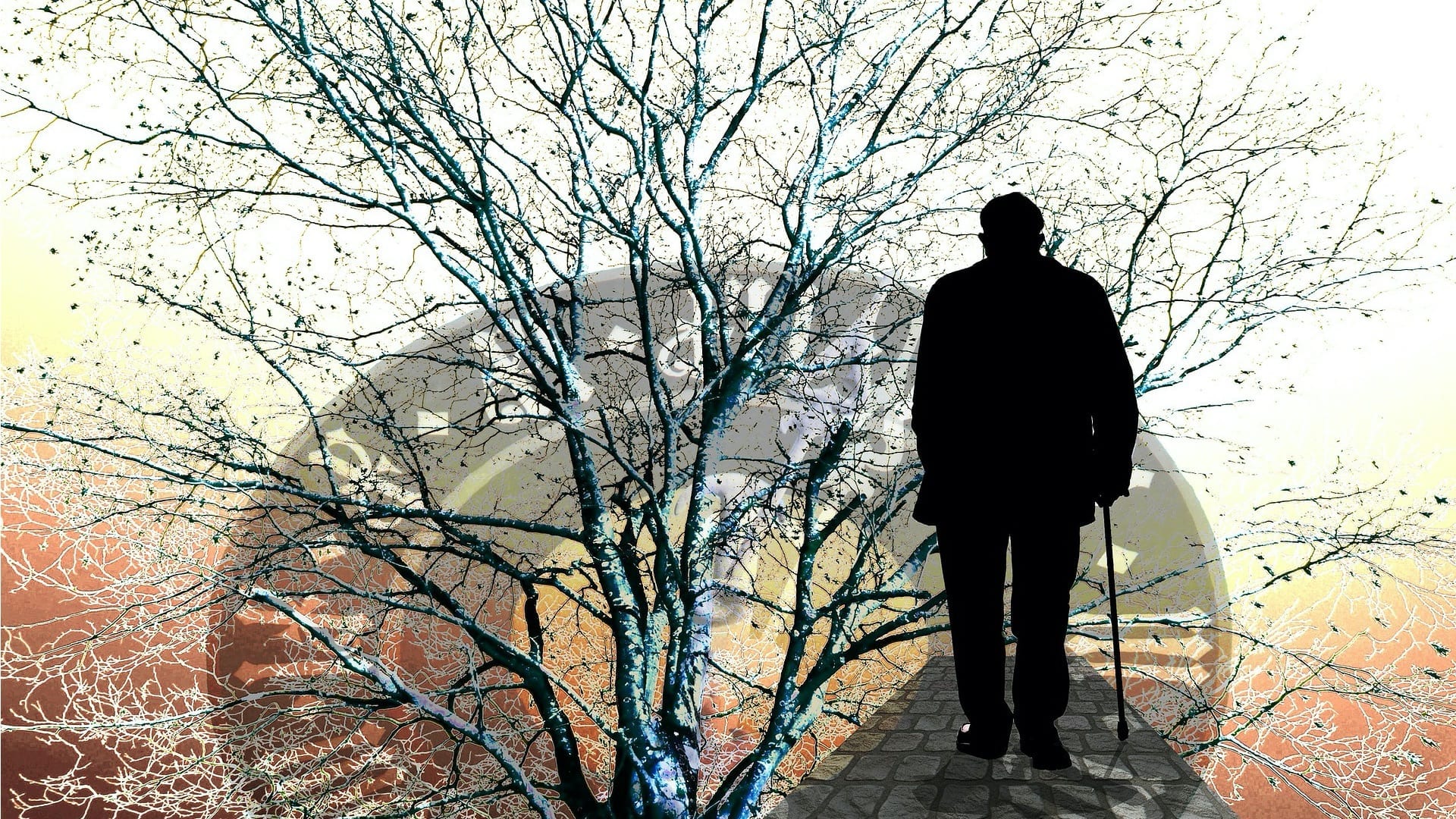COVID-19: Our Frankenstein Monster?
Mary Shelley’s story of Frankenstein is a psychological primer on how we make monsters. The interaction between Victor Frankenstein and the creature he makes enact this drama. Like a mirror, the monster reflects Victor’s horror of his dream to be a new god who would erase death from life.
Loneliness in the Digital World
Today we are webbed together in virtual space and time as we sit at our computers. But are we alone together, apparently connected but haunted by a sense of isolation? Do we suffer from terminal identity, a felicitous phrase that not only describes our sense of identity in the digital world, but also suggests that there might be something more pernicious about this phrase, something terminal about our addiction to the terminal?
Erasing Boundaries
Victor Frankenstein, as a modern Prometheus, erases the boundary between the Gods and humanity. In this boundary violation, he is following the track of modern science, whose origins lie in the mid 15th century with the artistic development of linear perspective vision. In this regard, the fictional character of Victor Frankenstein does what the historical figure Galileo did when, looking through his telescope, he erased the boundary between the uncorrupted heavenly sphere and the corrupted sphere of the earth.
Sir Gawain and the Green Knight
This magnificent poem is permeated with the imagery of the archetypal feminine, here incarnated by a woman simply called “Morgan the Goddess”. Morgan’s emissary is the Green Knight, a giant who bursts into Camelot, all clad in green, with an ax in one hand, and a holly bob in the other.
Vessels of the Soul
In this eighth decade of my life, I often turn to the world of imagination, the home of the soul. On my daily walk, in front of an ancient oak tree or at the lake watching the ripples, during my prayer time when I let go of my worries or sitting down at the breakfast table with my husband, grateful for our long love. I welcome whatever image appears.
Follow the Symptom: COVID-19 & the Breath of Life
From a physiological perspective, breathing is a matter of respiration, and shortness of breath can be a medical problem. This perspective is, of course, not only true, it is also necessary and valuable in its medical context. But that context has become the norm of what is real about the act of breathing.
COVID-19: A Shadow of the Technological Imagination?
In the 1960s, the dream of space flight became an exemplary expression of technological achievement. For the first time in human history, we could see from the moon the image of earth rising in the inky darkness of space. I remember being mesmerized by that image. I also remember being dismembered by how the paradoxical tension of that image turned upside down my taken for granted assumptions about who we are as a human species and what our place was in the cosmos.
The Myth of Development
The myth of development sits atop a larger myth—the myth of growth. Now because the word “myth” is so maligned today as meaning “untrue” or “false,” an unfortunate hangover from an older myth, the myth of facts and quantification, I hesitate to use it. But I must.
Memory as Transformation
Memory is a tricky business. The act of remembering is a backward glance and this turning toward what has been, is done by the one who is remembering now, in a present moment that has around it some sense of an imagined future, however dim that sense might be.
Loneliness and Desire for Belonging
Longing is a strong, persistent desire for something seeming unattainable or distant. It is related to hunger, yearning for family, partner, group, or self. Psychologically, longing relates to a primal human desire, the need and impetus to overcome the ego alienated from the unconscious, to feel inclusion, not exclusion, acceptance, not rejection, and love, not hate.
The Necessity to Not Forget
Memory can be a path of exploration, a backward glance which, returning one to the moment where the present started, can make one present to the present moment in another way–where one might, as Eliot notes, come to know it for the first time. Are not such returns necessary, especially in moments of change and crises?
COVID-19: Apocalypse Now?
Every day seems to bring in its wake a creeping sense of apocalypse that is haunting our individual and collective lives. Apocalypse is one of those harrowing words that seem to foretell disaster. Are we on the edge of a global catastrophe? What is in a word, and specifically such a loaded word like apocalypse?

